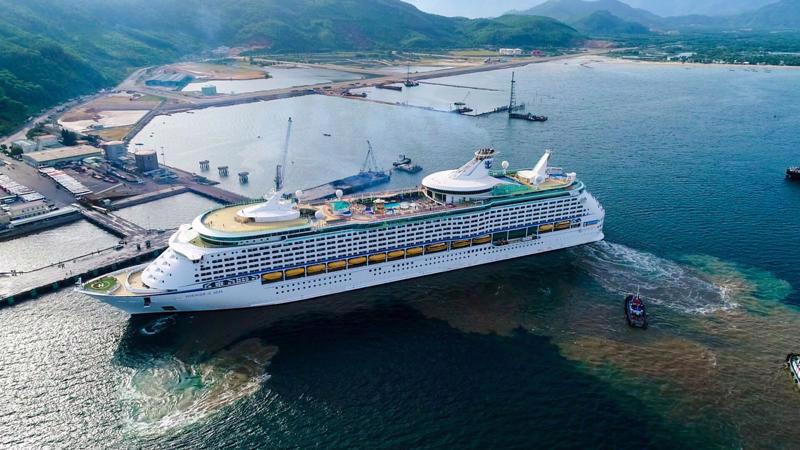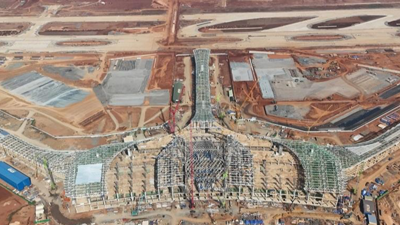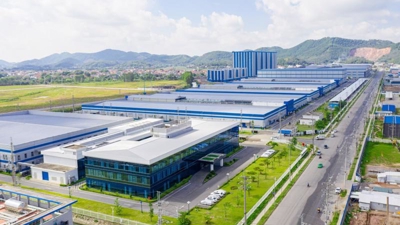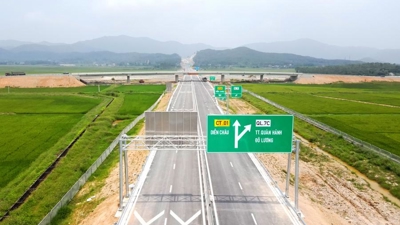Hue City's Chan May Port to be expanded
Chan May Port is set to become one of Vietnam's major seaports, projected to handle 8.9 - 10.2 million tons of cargo per year by 2030.

The Hue City People's Committee has submitted a proposal to the City People's Council to adjust the sub-area development plan for Chan May Port, expanding its planned area from 702 ha to 1,160 ha.
This adjustment aims to develop an international seaport in the area.
Chan May Port is designed to accommodate general cargo and bulk carriers with a deadweight tonnage (DWT) of 150,000 - 200,000 tons, or larger when technical conditions allow. Additionally, the port will be capable of receiving container ships with a capacity of up to 4,000 TEUs, international passenger ships up to 225,000 GT, and liquid/gas cargo ships with a deadweight tonnage of up to 150,000 tons.
As a gateway to the East Sea (internationally known as the South China Sea), Chan May Port facilitates connectivity along the East-West Economic Corridor, serving as a key trade link between Central Vietnam, Central and Lower Laos, Myanmar, and Northeast Thailand. The port is also an important hub on the maritime route connecting the Philippines, Singapore, and Hong Kong (China).
Currently, Chan May Port is one of the largest ports in the Central region capable of receiving large vessels, handling ships up to 30,000 DWT and passenger ships of 100,000 GRT. Since its operation, the port has processed over 12 million tons of cargo and 312,000 cruise tourists, with an import-export turnover through the port estimated at over $1 billion.
According to the master plan for Vietnam’s seaport system (2021-2030), with a vision to 2050, Chan May Port is set to become one of Vietnam's major seaports, projected to handle 8.9 - 10.2 million tons of cargo per year by 2030. Its development is expected to enhance the competitiveness of the Central region and promote the socio-economic growth of Hue City.







